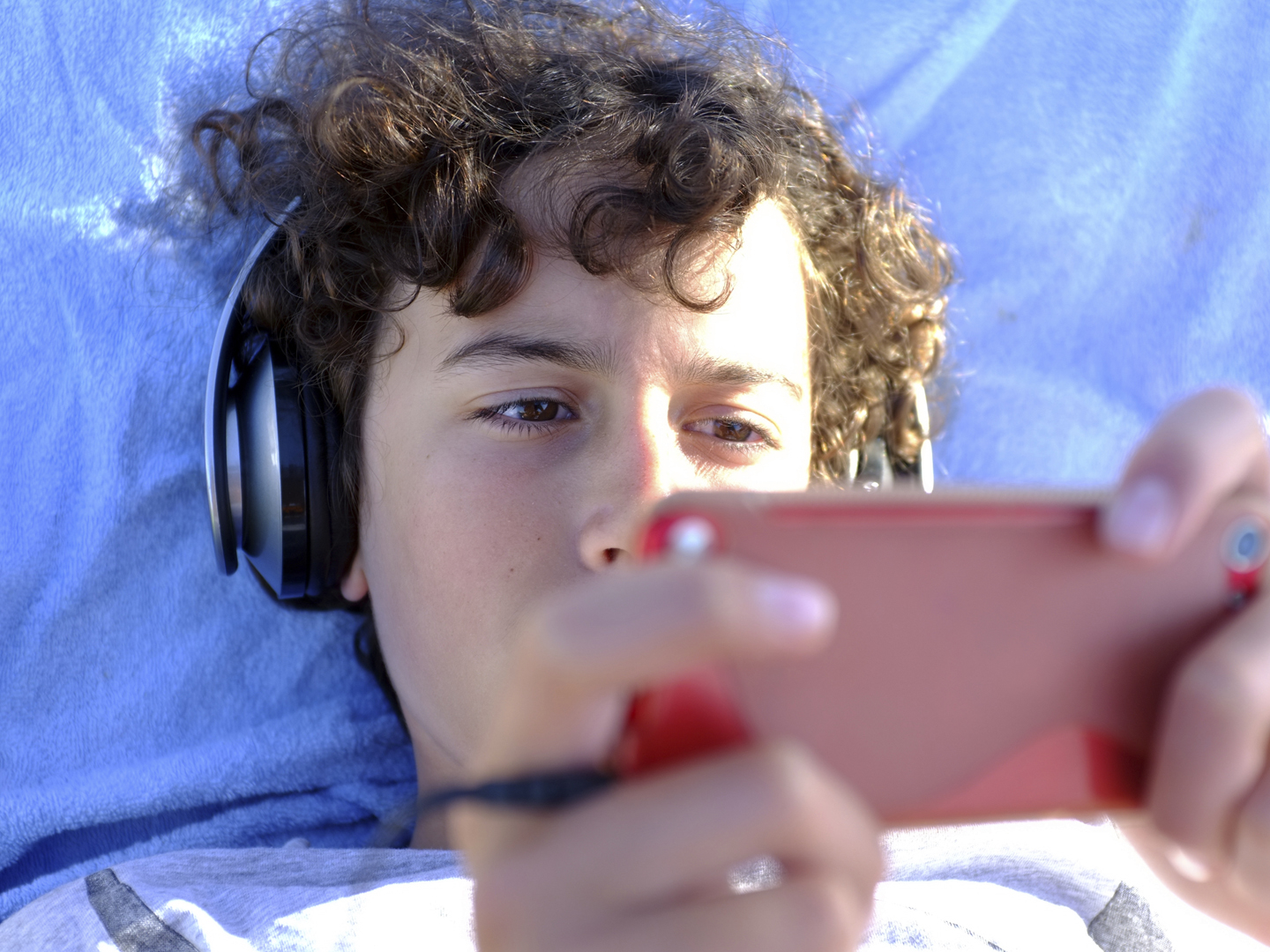iPods: Too Much Singing in the Ears?
Every teenager (and many a young adult) seems always to be plugged in to an iPod or some other portable music device. Can all the music blaring in their ears be good for their hearing?
Andrew Weil, M.D. | September 2, 2011

Updated 10/14/2010
You’ve hit on what hearing experts regard as a serious and growing problem among young (and not-so-young) people. They fear that listening to music most of the day is taking a toll on the hearing of a whole generation. The latest study on the subject, from Boston’s Brigham and Women’s Hospital, found that one in five teenagers has lost some hearing.
The investigators analyzed data on nearly 3,000 teens (age 12-19) from a nationwide health survey in 2005-2006 and compared the findings from a similar group of kids tested from 1988 to 1994. They found an increased prevalence of hearing loss, from 15 percent among kids in the earlier survey to 19.5 percent in the most recent one. Extrapolating those numbers over the current generation of teens suggests that 6.5 million may now be less able to hear such sounds as water dripping, rustling leaves or whispers. In addition, these children may not be able to clearly distinguish consonant sounds such as t, k and s.
The researchers attributed this growing problem to increased exposure to noise, and cited a 2010 Australian study that linked use of personal listening devices to a 70 percent increased risk of hearing loss in children.
While the Boston researchers didn’t single out iPods or other listening devices, we know that the incidence of noise-induced hearing loss has been increasing since the first Walkmans were introduced years ago. Perhaps because of all the loud rock music they’ve listened to, there are now 10 million baby boomers with hearing loss. That’s a million more than the number of affected people in the generation before them and now over the age of 65. It has been reported that today’s teens are hooked up to listening devices twice as long as previous generations.
Noise-induced hearing loss can stem from prolonged exposure to loud music or the noise of power tools or motors or even a one-time exposure to a very loud noise at close range, such as a gunshot or firecracker.
The first symptoms of noise-related hearing damage are a feeling of fullness in the ears, temporary or permanent ringing in the ears, and trouble hearing speech sounds clearly. Other warning signs: the need to turn up the volume on the TV or radio or decreased hearing on the telephone, especially more in one ear than the other. You can protect your hearing by wearing earplugs when you know you’re going to be exposed to loud noises and by giving those iPods a rest or at least turning down the volume.
Andrew Weil, M.D.









